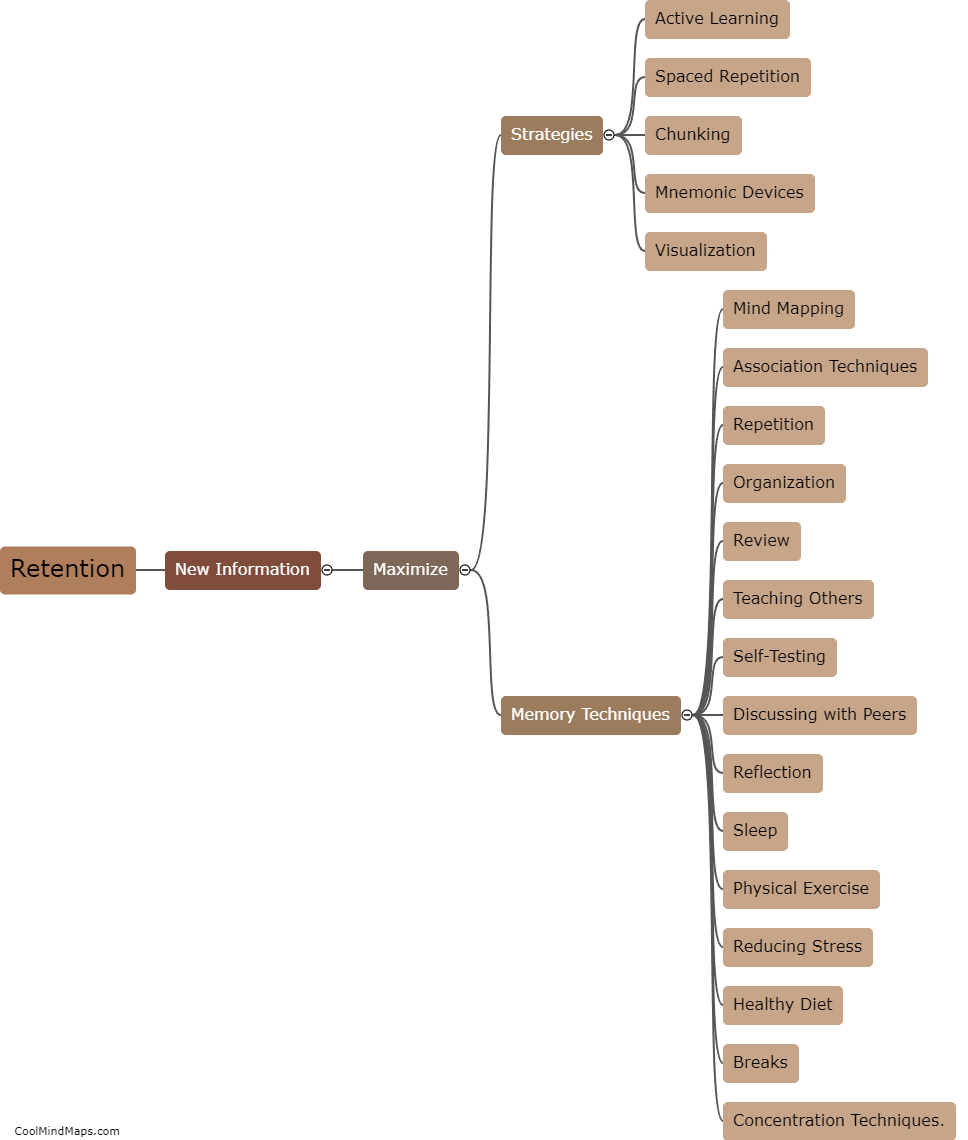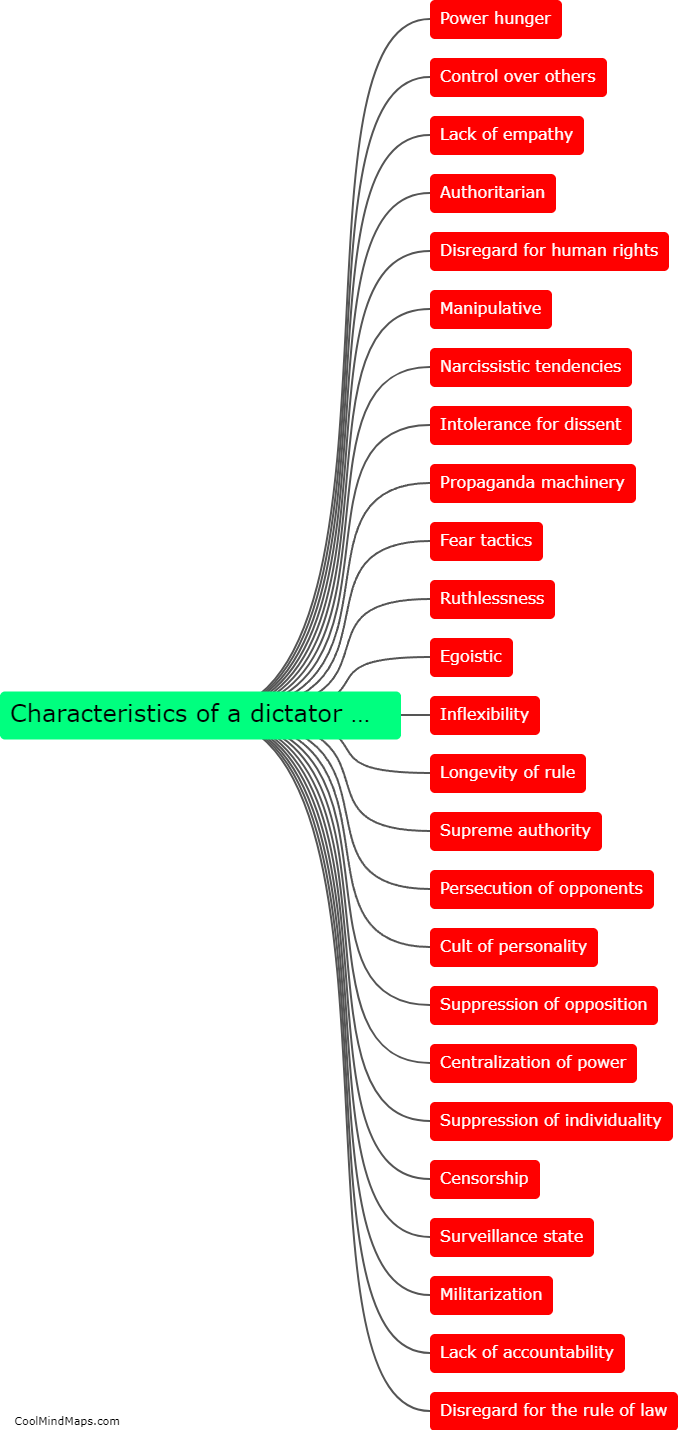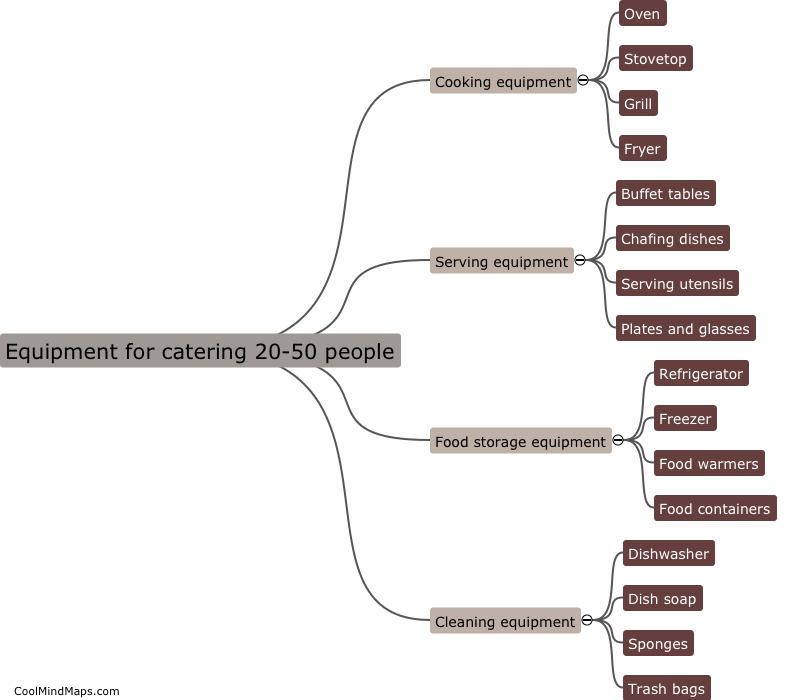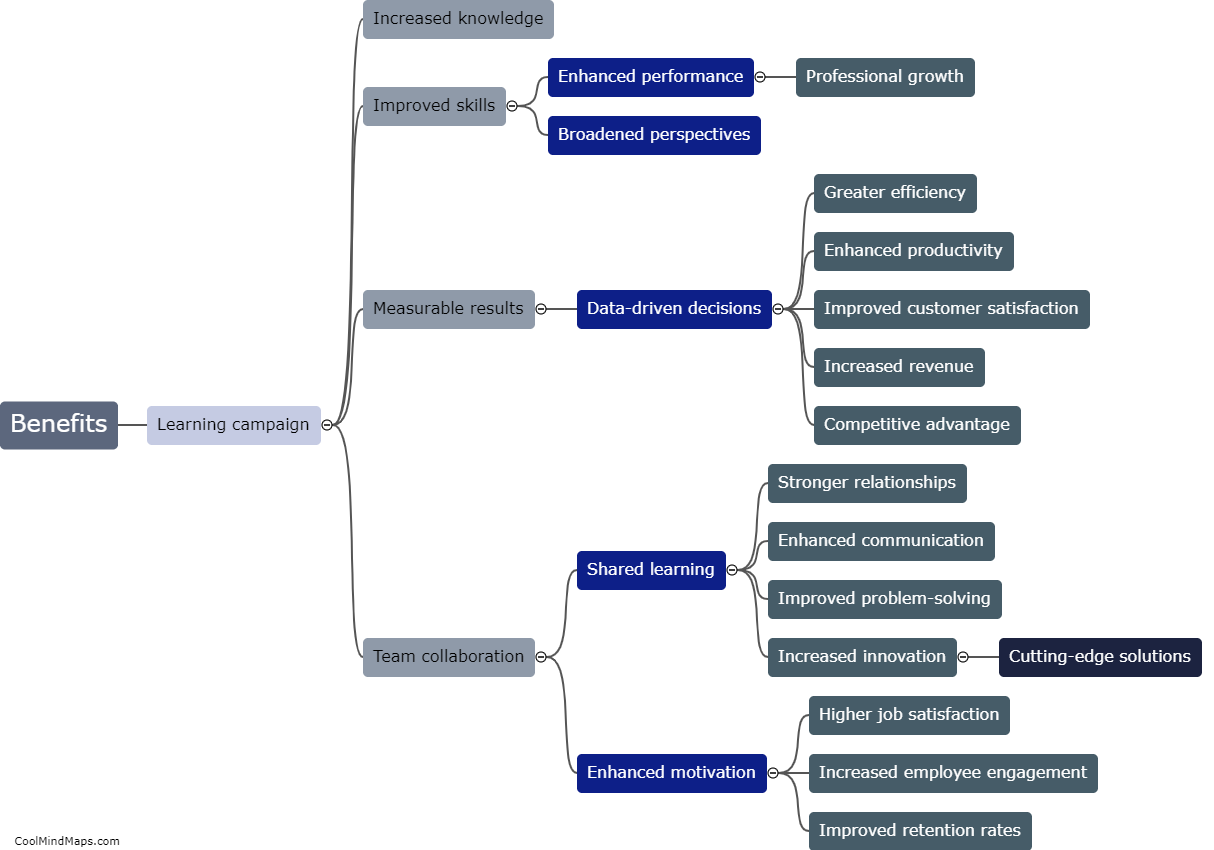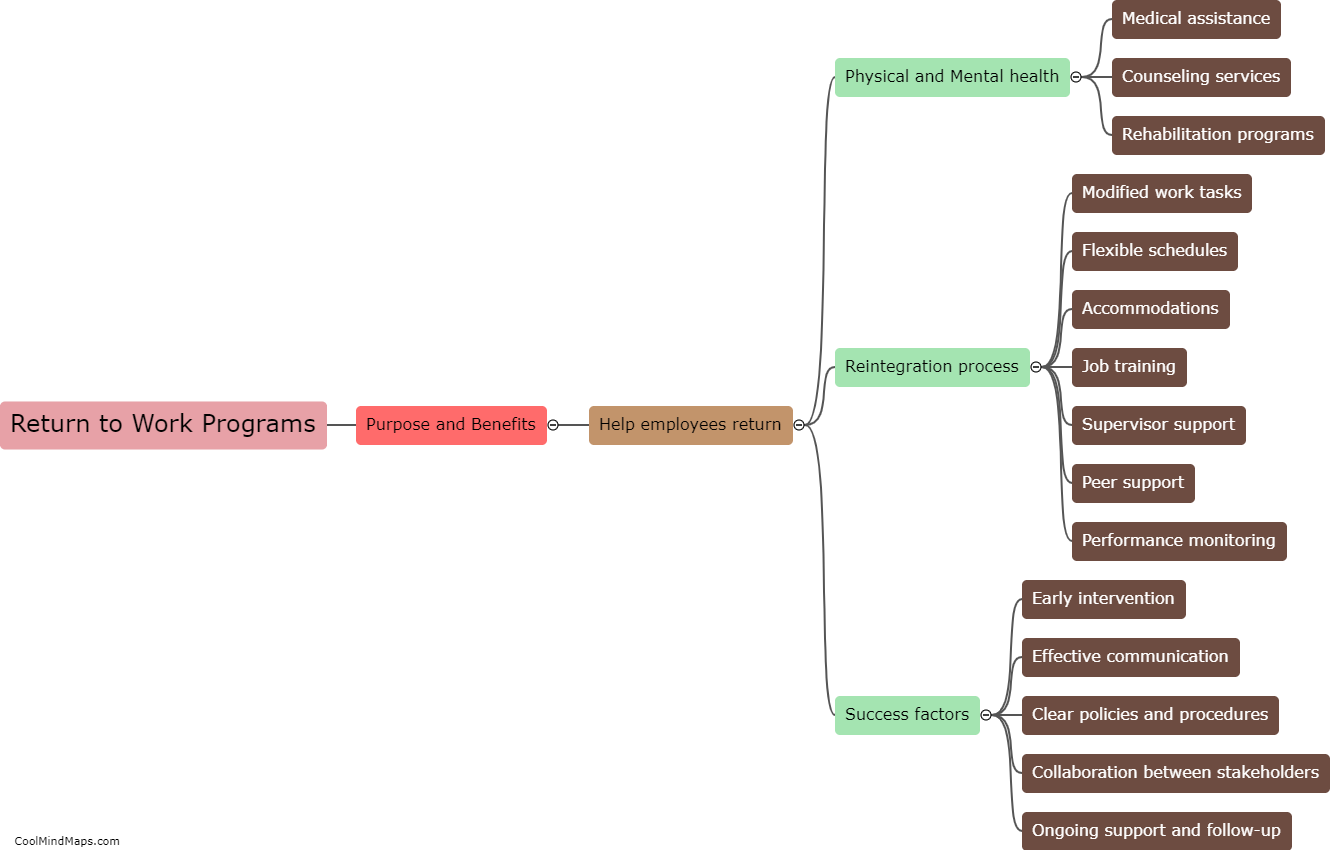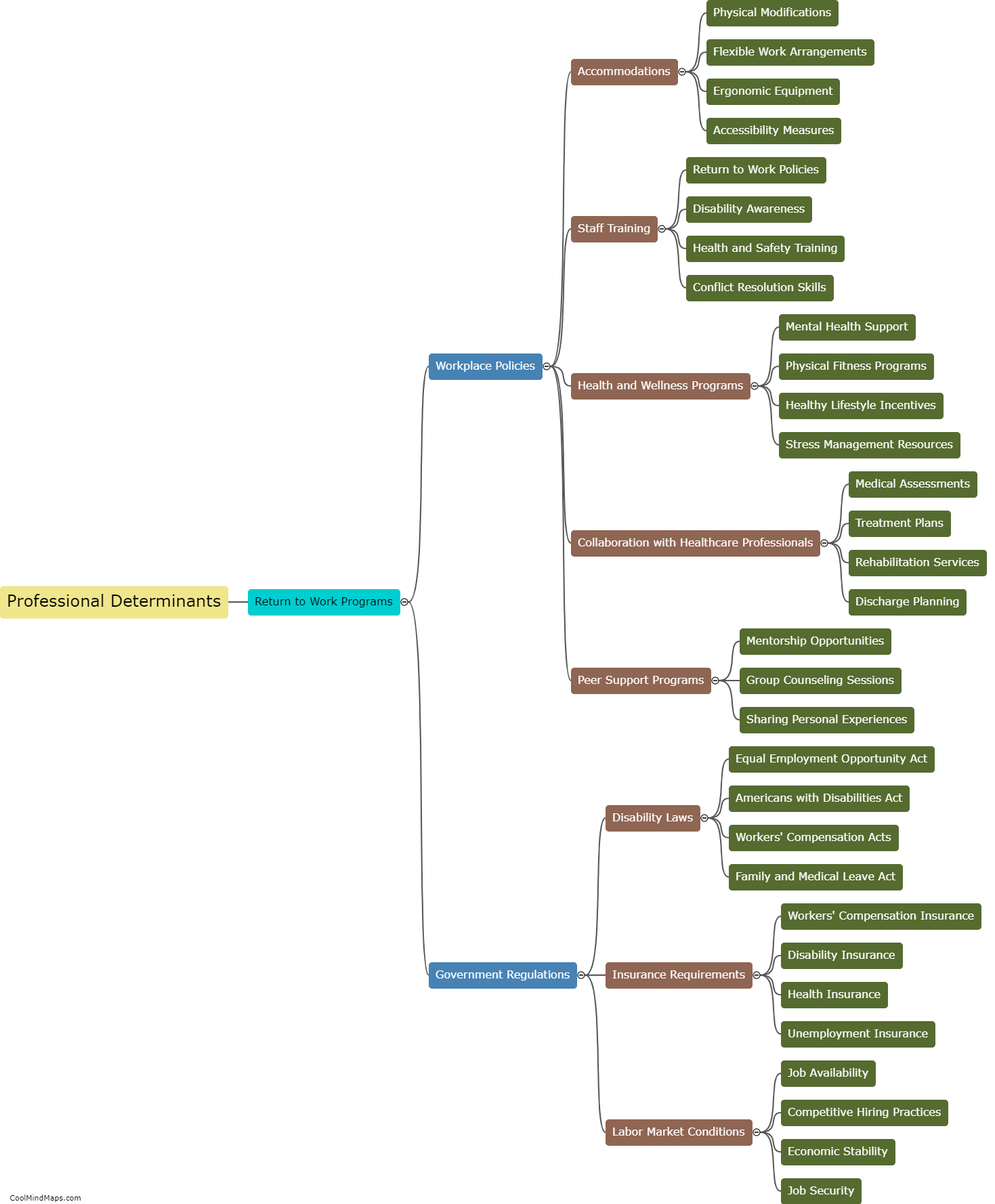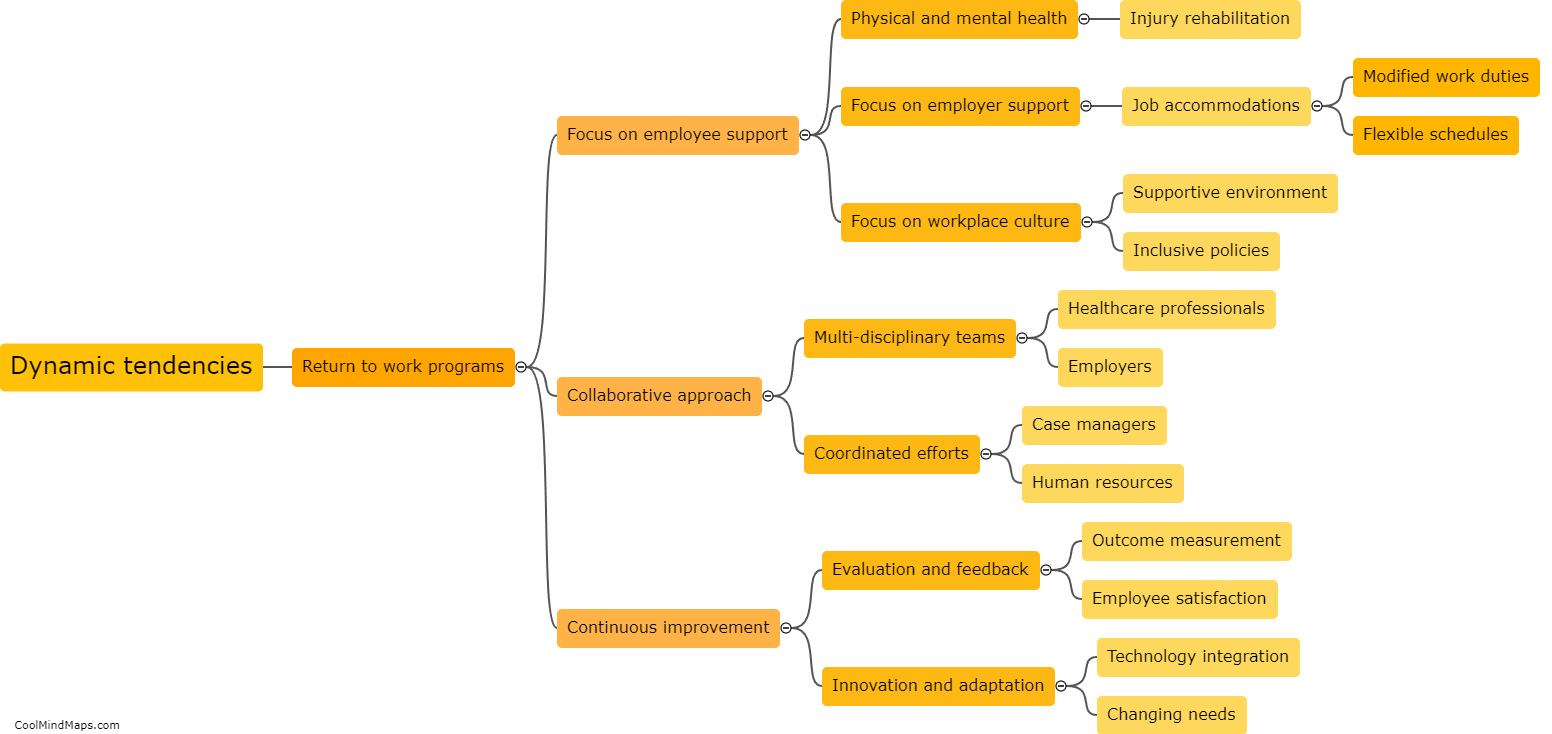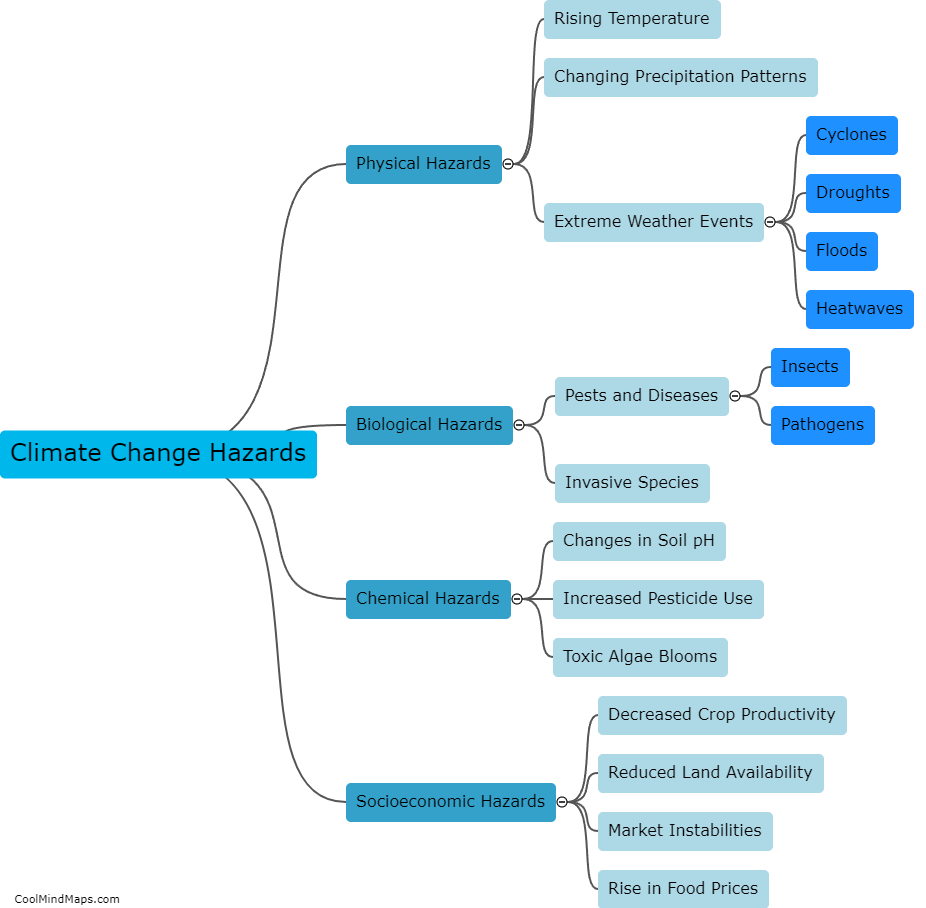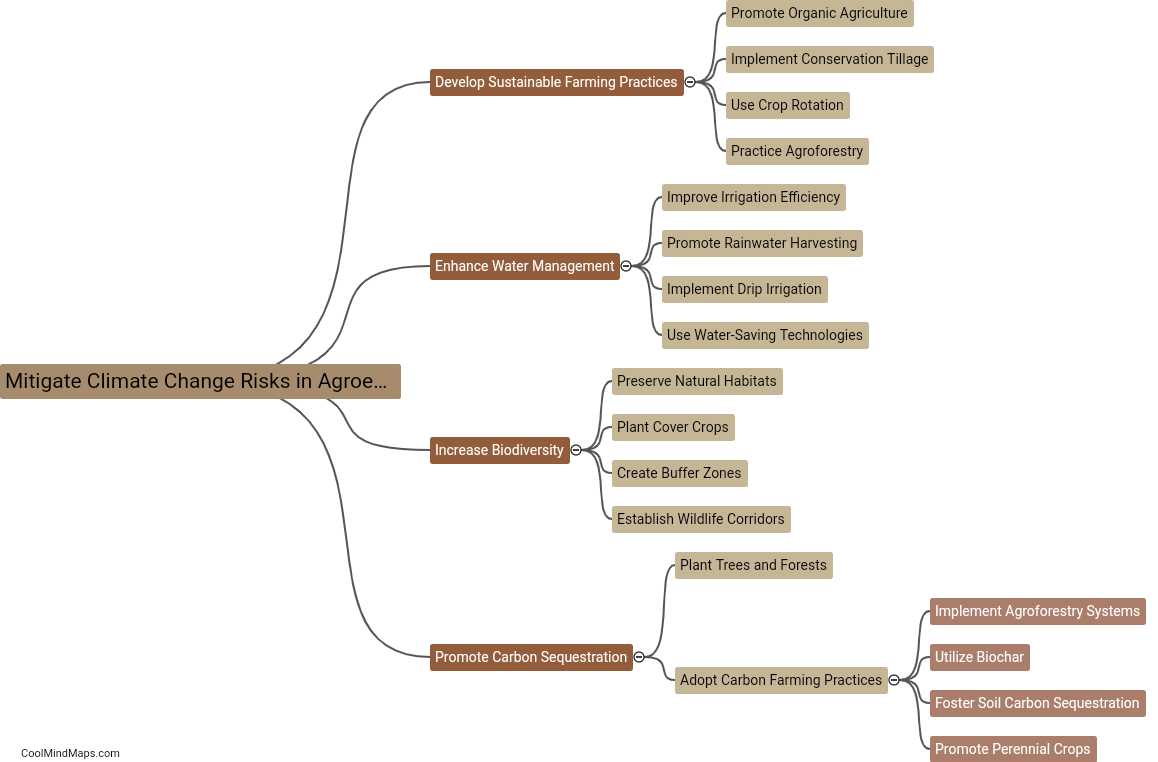How reliable are current agroecosystems in the face of climate change?
Current agroecosystems are faced with increasing challenges due to climate change, raising concerns about their reliability. The impacts of climate change, such as changes in temperature, precipitation patterns, and extreme weather events, can severely disrupt agricultural production systems. Persistent droughts, floods, and heatwaves can lead to crop failures, reduced yields, and livestock losses, putting food security at risk. Moreover, changes in pest and disease patterns further threaten agroecosystems' reliability. However, advancements in agricultural practices and technologies, such as precision farming, crop breeding for heat and drought tolerance, and improved water management strategies, offer potential solutions to enhance resilience and adaptability. Integrating agroecological principles, such as diversifying crops, optimizing soil health, and promoting ecological balance, can also contribute to more reliable and sustainable agroecosystems in the face of climate change.
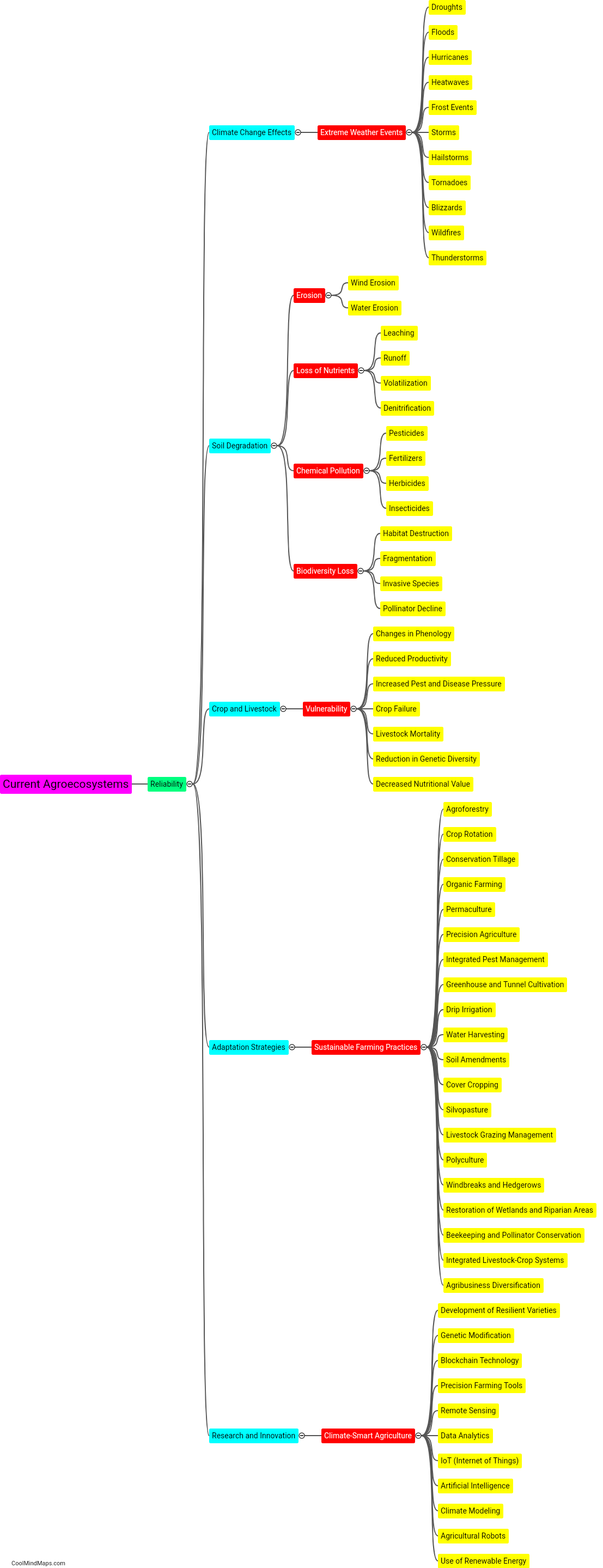
This mind map was published on 28 August 2023 and has been viewed 119 times.
